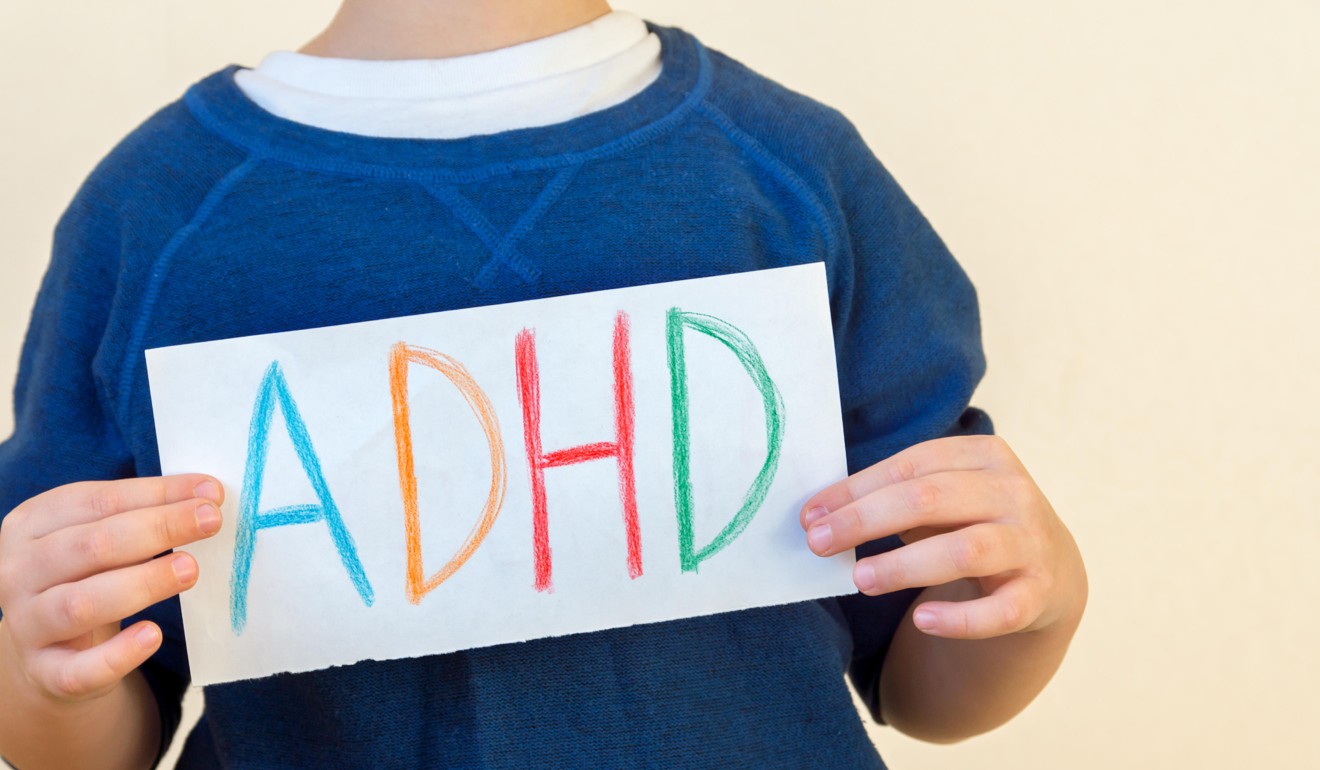
Students suffering moderate anxiety more likely to succeed in school, study suggests
Research from Canada suggests some anxiety – not too much or too little – is helpful for motivating students to work. In other studies: shingles increases heart attack risk, and childhood mental disorders lead to addictive behaviour
Moderate levels of anxiety may be linked to greater academic success at school, according to a study.
Research among almost 5,000 secondary school students in Canada found that pupils reporting moderate anxiety were more likely to leave school with a qualification.
In contrast, those with either high or low levels of anxiety were more likely to leave without qualifications. This indicates that a moderate degree of stress may help academic attainment – but too much or too little do not.
The findings were made in a study looking at possible links between depressive and anxious symptoms among young people and the risk of dropping out of secondary school without any qualifications.
“A troubling proportion, 6 to 22 per cent, of adolescents do not complete secondary school in the UK and North America,” said lead researcher Frédéric Brière of the University of Montreal. “These adolescents are at high risk of experiencing a wide range of psychosocial, physical and mental health difficulties as adults.
“Secondary school non-completion is one of the main mechanisms that perpetuate social and health inequalities across generations.”
After 71 student suicides since 2013, education chief told Hong Kong schools are like a ‘prison’
Starting in 2002, researchers tracked 4,962 secondary school students in Quebec from the age of 12 to the end of secondary school, checking them annually. According to their findings, “students may be at optimal disposition to succeed in school when they experience moderate levels of anxiety”.
Conversely, “the lack of anxiety experienced by some students directly or indirectly contributes to their chances of leaving secondary school without qualifications”.
The study also found that depressive symptoms posed a greater risk in high-achieving students, and while dropping out of school was more common in boys, depression and anxiety levels were more elevated in girls.
To beat student stress, Hong Kong should support its schools, not punish them
“This interesting study suggests that moderate levels of anxiety can potentially help students leave school with a qualification,” said Dr Jon Goldin at the Royal College of Psychiatrists, commenting on the study that was published today in The British Journal of Psychiatry.
“One might hypothesise that a degree of anxiety – not too much or too little – is helpful for motivating students to do the work required to achieve a qualification.” The Guardian

Shingles boosts risk of heart attack, stroke, study finds
People who develop shingles – a reactivation of the chicken pox virus which commonly affects older people – may face a ballooning risk of heart attack or stroke, according to South Korean researchers.
Their study found that people with shingles saw an overall 41 per cent higher risk of cardiovascular events, such as heart attack or stroke, when compared to an age-matched control group that did not develop shingles. The risk of stroke was 35 per cent higher and heart attack 59 per cent higher, said the report published in the Journal of the American College of Cardiology.
The riskiest period was the first year after infection, with the dangers appearing to decline after that. Researchers also found the risk for stroke was highest in those under 40 years old.
Heart attacks – know the warning signs of a silent killer
The study was based on a medical database of 519,880 patients whose records were tracked from 2003 to 2013. Researchers are unclear why shingles would boost the risk of cardiovascular problems, and said more study is needed.
“While these findings require further study into the mechanism that causes shingles patients to have an increased risk of heart attack and stroke, it is important that physicians treating these patients make them aware of their increased risk,” said study author Sung-han Kim, a physician in the department of infectious diseases at the Asan Medical Centre in Seoul.
Major global study shows statins can prevent heart attacks and strokes in lower risk patients
Nearly one in three people in the United States will develop shingles in their lifetime, according to the US Centres for Disease Control and Prevention. The infection, which may cause blisters, a rash and shooting pain, can affect anyone who has had chicken pox. It is a disease caused by the varicella-zoster virus and can be spread through direct contact with the rash, but not by air. AFP

Study shows childhood psychiatric disorders increase risk for later adult addiction
A study published in the July 2017 issue of the Journal of the American Academy of Child and Adolescent Psychiatry suggests that a childhood psychiatric disorder increases the risk of developing addiction later in life.
Based on a large amount of data from previous studies on these participants, the researchers identified a correlation between various psychiatric disorders among children and later risk of developing addictions.
The team was led by researchers from the child study group at the Vrije Universiteit in Amsterdam and from the Accare Centre for Child and Adolescent Psychiatry at the University Medical Centre Groningen, the Netherlands. They found that individuals diagnosed in childhood with attention-deficit/hyperactivity disorder (ADHD), oppositional defiant disorder (ODD)/conduct disorder (CD), and depression had an increased risk of developing addictions.
ADHD is a physical disorder linked to brain size, not just bad behaviour, scientists say
Interestingly, results concerning anxiety were less clear. The risk may depend on the specific type of anxiety disorder, but to date, no studies have focused on this topic.
“We know that ADHD in childhood increases the risk for later substance-related disorders, but until now, no systematic evaluation of other childhood psychiatric disorders had been conducted,” said Dr Annabeth Groenman, a researcher at the Accare Centre for Child and Adolescent Psychiatry, University Medical Centre Groningen, the Netherlands. “Our findings show that not only ADHD increased the risk of addictions, but that other childhood psychiatric disorders also increased risk.
“This indicates the importance of early detection of mental health problems in a wider group. Addiction is a major cause of immense personal, familial, and societal burden, and prevention is therefore an important goal.”
Charity offers low-income Hong Kong children mental health care as city waiting times hit 3 years
The study reanalysed data from 37 previous studies containing a total of 762,187 individuals, of whom 22,029 had ADHD, 434 had disruptive behaviour disorders (such as ODD/CD), 1,433 had anxiety disorder, and 2,451 had depression. The researchers identified studies looking at childhood psychiatric disorders and later addiction. EurekAlert.org
